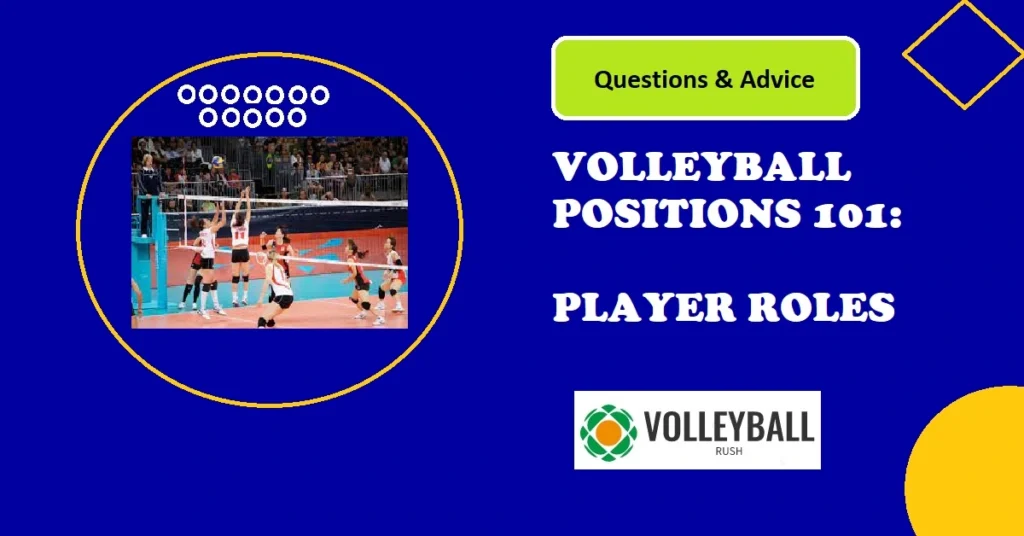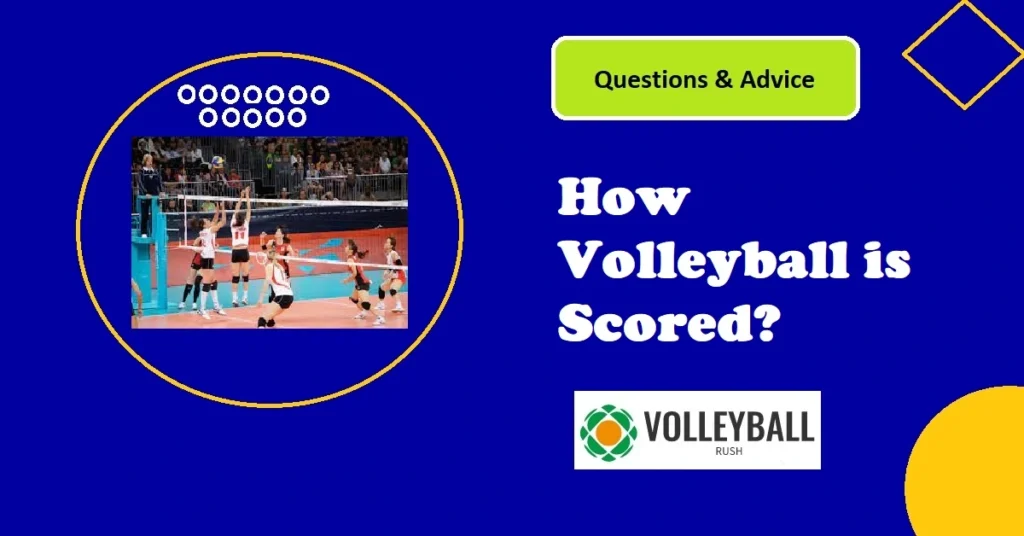Volleyball is a popular sport enjoyed by people of all ages and skill levels. However, many beginners wonder, “Is volleyball hard to learn?” This guide explores the various aspects of learning volleyball, from basic skills to physical and mental challenges, to help you understand what makes the sport both challenging and rewarding.
Basic Skills in Volleyball: Mastering the Fundamentals
Learning to Serve, Pass, and Set in Volleyball
Learning volleyball involves mastering several basic skills, including serving, passing, setting, hitting, and blocking. Each of these skills requires specific techniques and constant practice. For instance, passing involves creating a solid platform with your arms, while setting requires precise hand placement and timing. These fundamental skills form the foundation of the game and are crucial for becoming a competent player (Volleyball Victories) (Volleyball Guiders).
Physical and Mental Demands of Volleyball
Volleyball is not just about physical strength; it also demands mental agility. Players need to make quick decisions, communicate effectively with teammates, and anticipate opponents’ moves. The physical demands include jumping, diving, and quick lateral movements, which require strong legs, core, and upper body muscles. This combination of physical and mental challenges can make volleyball seem hard to learn initially (Volley Expert).
Common Challenges for Beginners in Volleyball
Developing Coordination and Reflexes in Volleyball
One of the biggest challenges for beginners is developing the coordination and reflexes needed to play volleyball. The fast-paced nature of the game requires players to react quickly to the ball and move efficiently on the court. Beginners often struggle with timing their jumps, positioning themselves correctly, and maintaining focus during long rallies.
Understanding Volleyball Rules and Strategies
Learning the rules and strategies of volleyball is another hurdle for new players. Volleyball has specific rotations, positions, and scoring systems that can be confusing at first. It’s important to understand the role of each player on the court and how to execute different plays. Watching games, practicing regularly, and playing with more experienced players can help beginners grasp these concepts faster.
Tips for Learning Volleyball Faster
Consistent Practice and Training in Volleyball
Consistent practice is key to improving in volleyball. Practicing regularly helps develop muscle memory and improves technique. Joining a local team or club can provide structured practice sessions and match experience. It’s also beneficial to work with a coach who can provide personalized feedback and guidance.
Focusing on Physical Fitness for Volleyball
Maintaining good physical fitness is crucial for volleyball. Strengthening your legs, core, and upper body will enhance your ability to jump, spike, and move quickly on the court. Incorporating exercises like squats, lunges, and plyometrics into your fitness routine can improve your performance and reduce the risk of injuries.
Watching and Learning from Experienced Volleyball Players
Observing experienced players and studying their techniques can accelerate your learning process. Pay attention to their movements, positioning, and decision-making during matches. Watching professional games can also provide insights into advanced strategies and plays that you can incorporate into your own game.
Is Volleyball Hard on the Body? Physical Demands and Injury Prevention
Common Injuries in Volleyball
Volleyball is a high-impact sport that can be tough on the body, particularly the knees, shoulders, and ankles. Frequent jumping and landing can lead to knee issues like patellar tendinitis, while repetitive spiking can cause shoulder problems. Proper technique, strength training, and using supportive gear like knee pads and ankle braces can help mitigate these risks.
Preventing Injuries in Volleyball
Preventing injuries in volleyball involves proper warm-up and cool-down routines, strength training, and maintaining flexibility. Ensuring you have the correct form and technique when performing volleyball skills can also reduce the likelihood of injury. It’s important to listen to your body and rest when needed to avoid overuse injuries.
Conclusion: Is Volleyball Hard to Learn?
Volleyball can be challenging to learn due to its physical and mental demands, the need for coordination, and the understanding of game strategies. However, with consistent practice, proper training, and a willingness to learn, anyone can become proficient in the sport. The rewards of playing volleyball, including improved fitness, teamwork, and enjoyment of the game, make the effort worthwhile.


